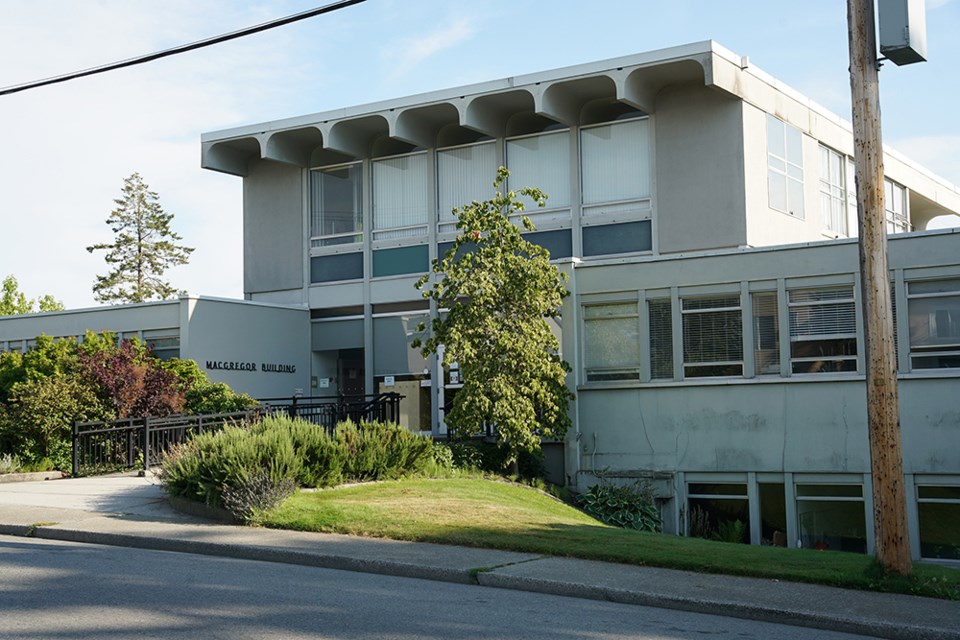City of Powell River Council has adopted the 2025 to 2029 financial plan bylaw, which has a 9.5 per cent increase in the city’s property tax levy for 2025.
At the March 27 city council meeting, the bylaw passed without much discussion, after extensive debate in the readings leading up to adoption. Chief administrative officer Lisa Bhopalsingh said the finalized document with all the amendments that council had made was before the assembly.
Councillor Earl Almeida moved adoption of the five-year financial plan bylaw and said it has been a several-months-long process to get council to this point, looking at different options and holding discussions.
Referencing suggestions made earlier in the meeting by Kathryn Hjorleifson on measures regarding vehicle procurement that could be taken to reduce the budgetary increase, Almeida said she had raised some valid points.
“Council doesn’t take any of your suggestions lightly, but we are also a little bit under the gun in terms of making sure our staff has the time necessary to meet the legislative deadlines that we need to meet for the budget to go through, which is coming up pretty fast,” said Almeida. “We had discussed at our last meeting the vehicle expenses and we had the option of having the funds in the budget and not actually using them right away, keeping them in the vehicle reserve. We do that for most of our vehicles and most of the funds that are dedicated to those vehicles are already in the reserve.”
Almeida said the purchase of the vehicles and keeping the funds in the reserve are two separate decisions. He said council can adjust, once it gets the budget done, whether council wants to request staff to hold off on purchases for whatever reason.
“For that reason, due to our time constraints, I’m happy where we are at right now,” said Almeida.
Councillor Jim Palm asked staff to comment on: once money is put into a reserve, such as the vehicle reserve, can it be taken out for other purposes?
Chief financial officer Mallory Denniston said the money may be lent out to another capital reserve and paid back with interest.
“If there was no need for the money in that reserve, it could also be transferred to another capital reserve, but council would need to prove there was no need for that money in the vehicle and equipment reserve to serve the purposes under which the bylaw is established,” said Denniston.
Palm said at the last council meeting, on March 20, he had asked if that was the last possibility that council had to alter its five-year financial plan.
“At that point, the deadline had passed, so, altering it tonight is not a possibility, correct?” asked Palm.
Denniston said Palm was correct. Council unanimously passed the 2025 to 2029 financial plan bylaw.
In the lead-up to the decision, during the public input part of the meeting, Hjorleifson said she was calling upon city council to make several changes.
“I would like you to remove five of the 12 pickup trucks, totalling $1 million,” said Hjorleifson. “I would further like you to remove two smaller of the four dump trucks, totalling $285,000. I would like you to remove two of the three cargo vans, totalling $155,000. The grand total of this is $1,470,000.
“I would further suggest that the two garbage trucks will take at least a year to determine what to buy. A comparison to electric trucks is to be done, as was directed by council with the purchase of the last garbage truck.”
Hjorleifson suggested the purchase of the two garbage trucks be done over two fiscal years. She said this approach would reduce the 2025 budget by $1,170,000, moving half to 2026 and half to 2027.
The next step in the process is the property tax rates bylaw. Denniston said in an email response to questions from the Peak that the bylaw will come up for discussion at the April 1 committee of the whole meeting, and that the direction from the committee will form the basis of the bylaw, which will be presented for first three readings at the April 17 city council meeting.
Denniston said at that point, the city will have a solid idea of the increase for an average single-family dwelling, as well as the impact from other taxing authorities.
Join the Peak's email list for the top headlines right in your inbox Monday to Friday.



